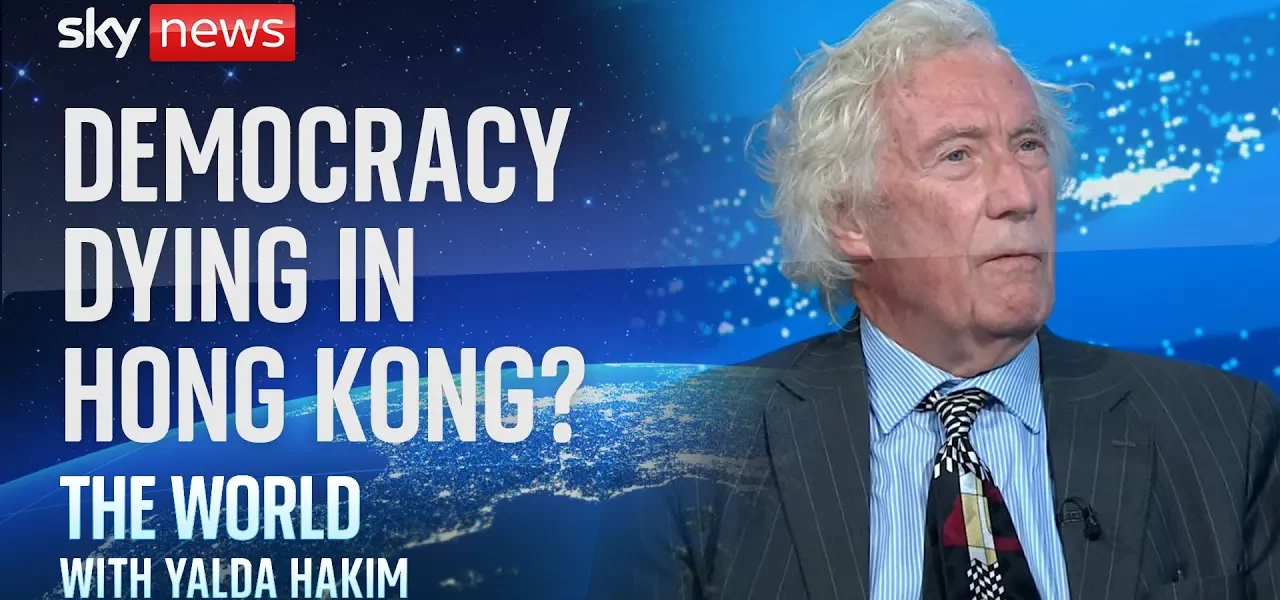Impact of the National Security Law on Democracy in Hong Kong

This article delves into the resignation of a part-time judge from the Court of Final Appeal and the broader implications of the National Security Law imposed by Beijing on the democratic values and judicial independence in Hong Kong.
Introduction
The National Security Law (NSL) implemented in Hong Kong in 2020 has significantly transformed the social and political landscape of the region. This article will explore the context of a recent resignation from the Court of Final Appeal, revealing the challenges faced by judicial figures under the new law. The discussion will also highlight the erosion of democratic values and the suppression of dissenting voices in Hong Kong.
The Background of the National Security Law
In 2020, the National Security Law was introduced by the Beijing government, aiming to address issues related to national security in Hong Kong. This controversial legislation has been criticized for its vague definitions and broad applications, which effectively criminalize peaceful dissent.
Origins and Implementation
The NSL was enacted following significant protests in 2019, where citizens demanded greater democracy and autonomy from the Chinese government. The law was positioned as a necessary measure to restore order, but it has been perceived as a tool to silence opposition.
Consequences for Civil Liberties
- Suppression of free speech and assembly
- Criminalization of peaceful protests
- Intimidation of dissenting voices through legal repercussions
Judicial Independence Under Threat
The recent resignation from the Court of Final Appeal underscores the growing concerns about judicial independence in Hong Kong. Judges are increasingly faced with political pressures that compromise their ability to make impartial decisions based on the law.
Resignation and Its Significance
The resignation of the judge, who served part-time, signals a broader trend of disillusionment among legal professionals. This action reflects the untenable position that judges find themselves in, where political considerations overshadow legal principles.
Impact on the Judiciary
- Increased politicization of legal processes
- Fear among judges regarding repercussions for decisions
- Potential erosion of public trust in the judicial system
The State of Democracy in Hong Kong
With the introduction of the NSL, the democratic landscape in Hong Kong has drastically changed. While some argue that democracy is still alive, it is evident that it is facing significant challenges.
Changes to the Electoral System
In 2021, reforms to the electoral system further restricted democratic participation by altering how representatives are elected. The proportion of directly elected members in the Legislative Council was reduced, limiting the ability of citizens to influence governance.
Public Response and Exodus
The restrictive environment has led to a mass exodus of residents seeking refuge from the oppressive political climate. Many Hong Kong citizens are leaving in search of better opportunities and freedoms elsewhere.
Conclusion
The National Security Law has had profound implications for Hong Kong, undermining the rule of law and democratic principles. The resignation of judicial figures serves as a stark reminder of the pressures faced by the judiciary in an increasingly politicized environment. As the situation continues to evolve, it is crucial for the global community to pay attention to the developments in Hong Kong and advocate for the restoration of democratic freedoms. For more insights on the impact of political laws on society, check our related articles on judicial independence and human rights.
“`




